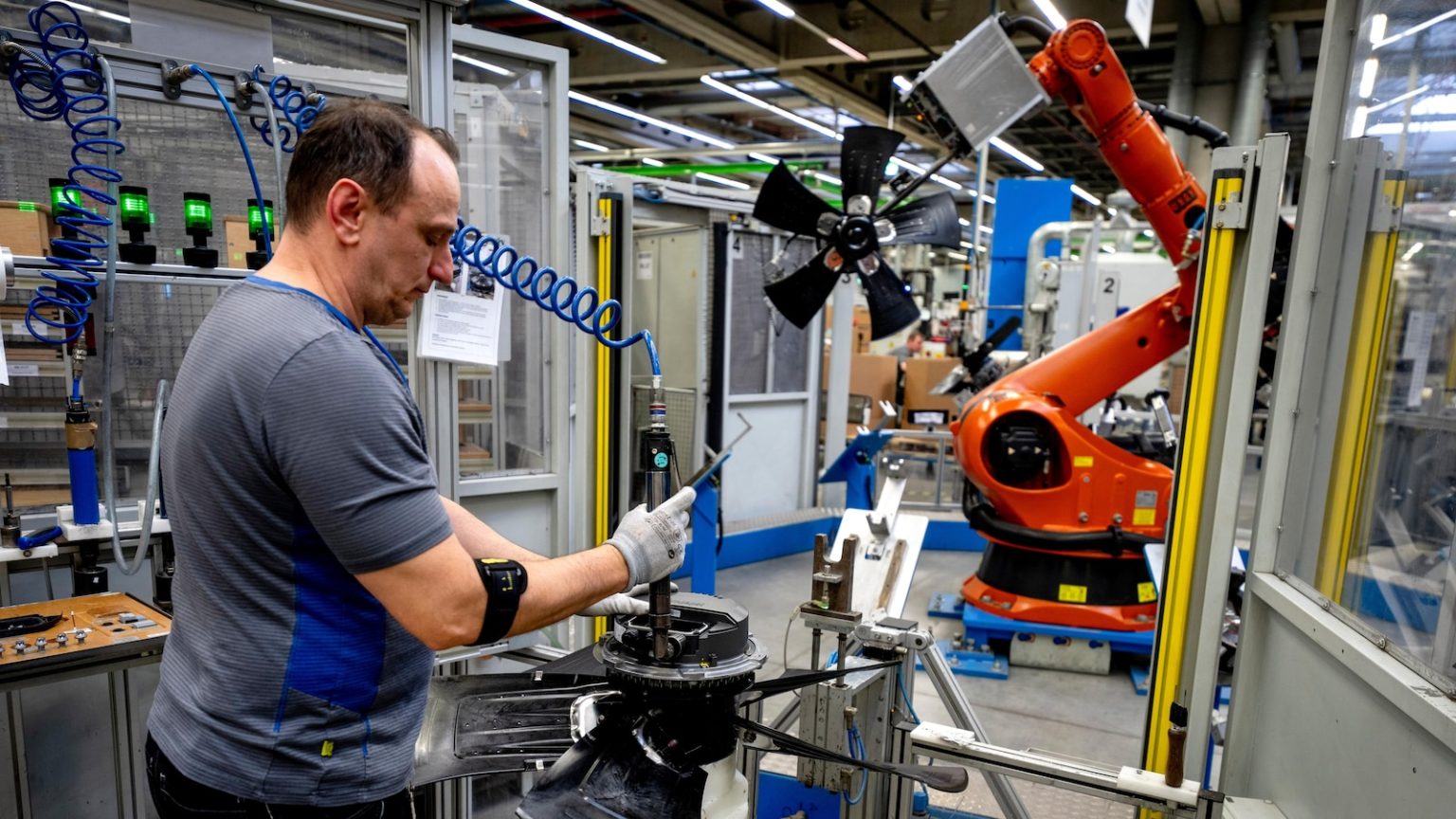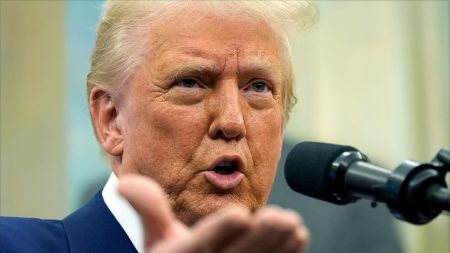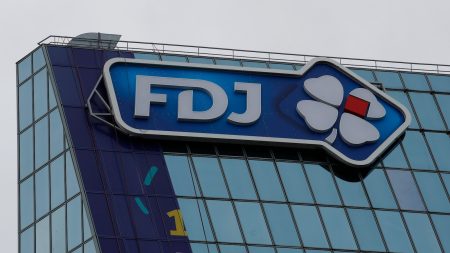Germany’s Economic Crossroads: The Need for a New Business Model
A Broken Model and the Path Ahead
Germany, once the epitome of industrial prowess and precision engineering, is now grappling with an economic stagnation that threatens its status as Europe’s leading economy. The country’s traditional business model, which relied heavily on cheap natural gas from Russia and lucrative exports to China, has unraveled in the face of geopolitical upheavals and shifting global dynamics. With real economic growth stalled for five years, the nation is left searching for a fresh growth strategy to revive its ailing economy. The upcoming federal election on February 23, 2024, which has been moved up by seven months, will be pivotal in determining the direction of this recovery. The incoming government will inherit the monumental task of charting a new course for Germany’s economy, one that addresses pressing challenges and positions the country for long-term prosperity.
Structural Challenges and Stagnation
The decline of Germany’s economic dominance is not the result of a single factor but rather a combination of structural weaknesses and external shocks. Bureaucratic inefficiencies, a shortage of skilled workers, and a slow adoption of new technologies have hampered the nation’s ability to adapt to changing global conditions. Additionally, the lack of a clear direction from the outgoing coalition government has left industries uncertain and struggling to navigate the post-pandemic landscape. The war in Ukraine has exacerbated these challenges by disrupting energy supplies, with Russia cutting off most of Germany’s natural gas exports. This has led to soaring energy prices, which are now 2.5 times higher than in the U.S. and China, further crippling industrial competitiveness.
businesses in Germany are feeling the strain. EBM-Papst, a global leader in industrial fan manufacturing, is among those struggling to thrive in this environment. Despite generating €2.5 billion in annual revenue and operating plants across three continents, the company reported a 4.1% decline in domestic sales last year. CEO Klaus Geissdoerfer attributes this decline in part to poorly implemented government policies, such as the Building Energy Act, which aimed to promote the adoption of electric heat pumps over gas furnaces. Instead of driving demand, the confusing and rushed rollout of the law left consumers uncertain and hesitant to invest in new technologies. This bureaucratic misstep not only hurt EBM-Papst’s sales of ultra-quiet heat pump fans but also highlighted a broader issue plaguing German industries: excessive red tape and regulatory inefficiency.
The Weight of Bureaucracy and Regulatory Hurdles
For companies like EBM-Papst, the burden of complying with overly complex regulations has become a significant barrier to growth. Geissdoerfer points to a 2023 law requiring public and private entities to report on their energy-saving measures as an example of how bureaucratic requirements are diverting resources away from innovation and operations. Instead of implementing climate-friendly initiatives, employees are bogged down with documentation and reporting, he explains. “So now, instead of implementing measures, they write and report,” Geissdoerfer said, emphasizing the inefficient use of time and resources. This criticism is echoed across German industries, where businesses are calling for a more company-friendly political environment to foster innovation and competitiveness.
Shifting Focus to Green and Digital Futures
Amid these challenges, there is a growing consensus that Germany’s industrial future lies in the transition to green and digital technologies. EBM-Papst, for instance, is investing in cutting-edge solutions, such as efficient cooling systems for artificial intelligence data centers and AI-driven tools to optimize power usage. These efforts align with broader calls for Germany to pivot toward sustainable and high-tech industries. However, the company is not waiting for domestic conditions to improve; instead, it is shifting its focus—and investments—toward more favorable markets in Asia and the United States. By localizing production abroad, EBM-Papst is not only expanding its global reach but also insulating itself from potential trade barriers and economic instability at home.
Global Competition and Energy Costs
Germany’s economic struggles are compounded by rising competition from China and soaring energy costs. For decades, China was a lucrative market for German-made machinery and automobiles, but as Chinese companies began producing similar products with government support, German exports slowed. The contraction of the German economy over the past two years stands in stark contrast to the growth experienced by the U.S. and China during the same period. By the end of 2024, Germany’s economy was only 0.3% larger than it was in 2019, while the U.S. and Chinese economies grew by 11.4% and 25.8%, respectively, according to the German Federal Statistical Office.
The energy crisis has further deepened the competitive disadvantage. Companies like Mecanindus-Vogelsang Group, a metalworking firm catering to automakers, are paying twice as much for electricity in Germany compared to their U.S. operations. These additional costs, which amount to €100,000 annually, create a “gigantic competitive disadvantage,” according to CEO Ulrich Flatken. He warns that without internationally competitive energy prices, Germany risks deindustrialization—a process that is already underway.
The Road to Recovery: Structural Reforms and Mindset Shifts
As Germany’s economic woes persist, there is a growing sense of urgency for structural reforms. Many business leaders and economists argue that the next government must prioritize investments in infrastructure and education, potentially loosening constitutional limits on debt to finance these initiatives. However, the political system’s emphasis on consensus and stability may hinder rapid change. Marcel Fratzscher, president of the German Institute for Economic Research, suggests that complacency during the export-driven boom years of the 2010s left German companies unprepared for technological shifts, such as the transition to electric vehicles. “They enjoyed the success of the 2010s and they have been too slow in understanding that they need to change and adapt,” Fratzscher said.
The pervasive pessimism among businesses and citizens has become a self-reinforcing cycle, deterring investment and innovation. Fratzscher warns that political leaders, like the economy, may falter in embracing new approaches. “We need to change the mindset, to understand we need to be much faster on economic transformations,” he said. For Germany to reclaim its position as an industrial powerhouse, it will require not only policy reforms but also a cultural shift—one that prioritizes agility, innovation, and a willingness to embrace change.
In conclusion, Germany stands at a critical juncture, facing unprecedented economic challenges that demand bold action and a new vision for the future. The incoming government must address bureaucracy, energy costs, and global competition while investing in green and digital technologies to ensure long-term prosperity. Only by overcoming these hurdles can Germany revitalize its economy and restore its position as a global industrial leader.















